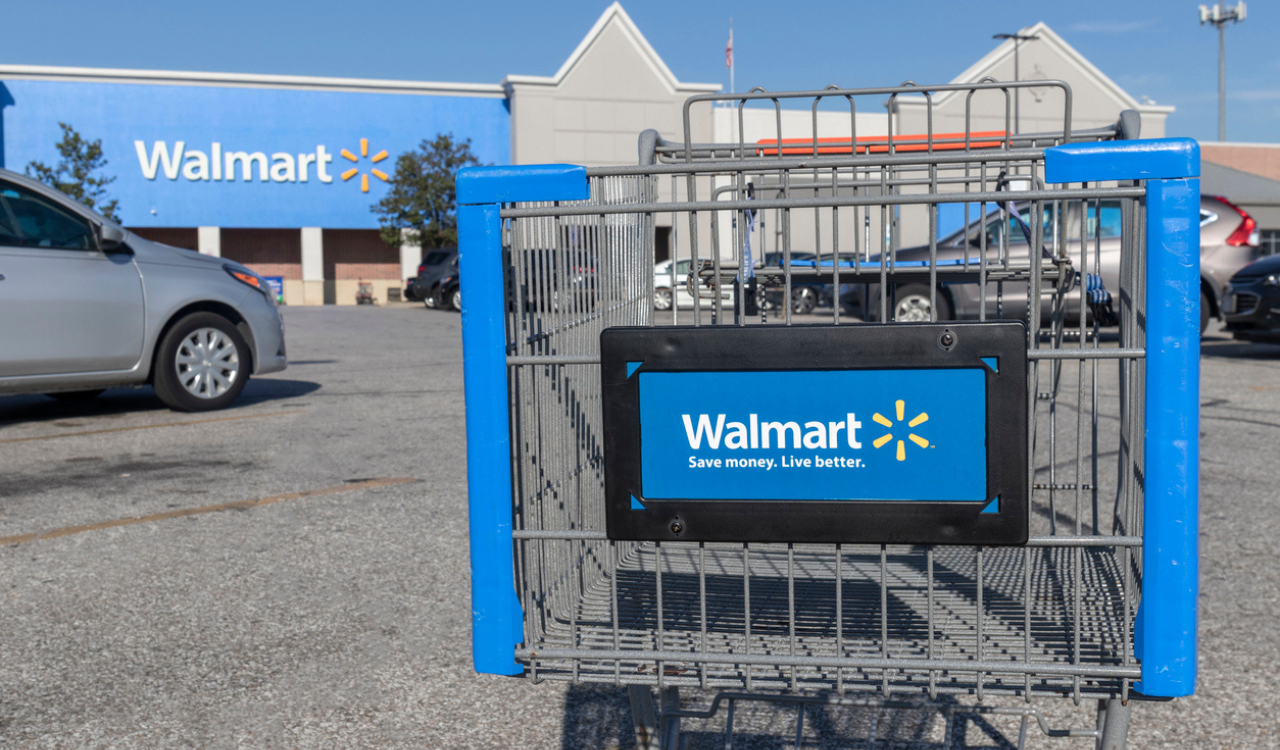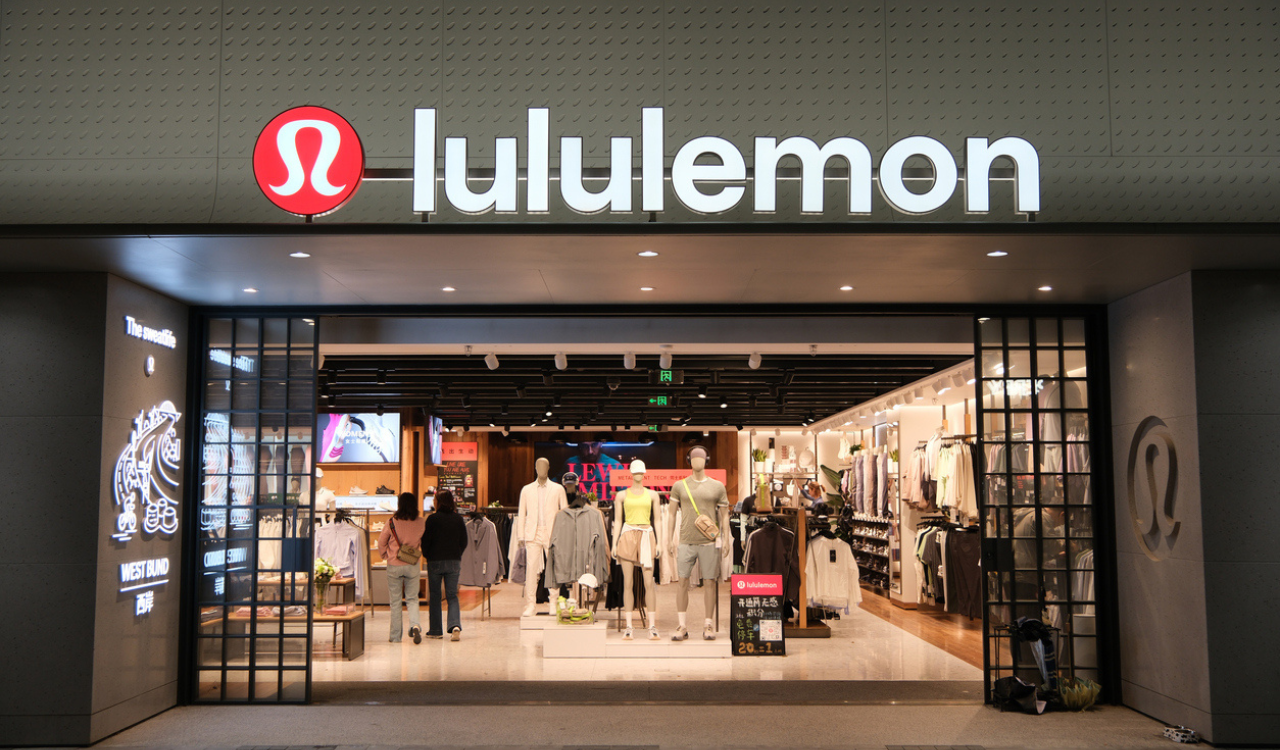In an era when most grocery CEOs are chasing the same playbook—bigger stores, more SKUs, omnichannel everything—Jack Sinclair, CEO of Sprouts Farmers Market, is doing something almost unthinkable in retail: He’s making stores smaller, cutting selection, and deliberately ignoring 85 percent of the market. And it’s working brilliantly. The net profit margin for Sprouts reached 4.9 percent in the recent fiscal year. According to the FMI Food Industry Facts the average net profit for food retailers in 2024 was 1.7 percent and Sprouts beats that by almost 3 times!
As Sinclair says, “Our marketing efforts center on new store openings and curated products are all focused on our target customer who represents $290B out of the $1.6T food-at-home market. We recognize that we can’t be everything to everyone, so we concentrate on areas where we can win. That’s why we position ourselves as a specialty grocery retailer, offering the fresh quality of your local farmers market, along with the widest assortment of specialty items to suit various specific lifestyles. We attract a particular customer who’s very choiceful and cares about their food—its tastes, its impact on their health and where it comes from.”
The Innovation Center, branded as the “New for You Destination” in each Sprout’s store started popping up in new stores in 2021 and serves as both discovery zone and product incubator, giving entrepreneurial food companies a platform to introduce unique products. For customers, it creates a reason to return frequently and give them the opportunity to be trendsetters by offering them new and unique offerings.
Iconoclast and Icon
Sinclair’s grocery path began in Glasgow, Scotland where he stocked grocery shelves and moved onto some of the biggest names in supermarketing—from Safeway PLC to Tesco and then headed across the pond to Walmart and 99 Cents Only Stores. He now serves as CEO of the publicly traded Sprouts which was founded in 2002 by the Boney family.
Not since Joe Coulombe founder Trader Joe’s in 1967 decided to stock just 4,000 SKUs instead of 40,000, have we seen a grocery executive so boldly zig while the industry zags. Sinclair’s contrarian approach is delivering extraordinary results—Sprouts’ stock has surged 240 percent over the past year, comparable store sales have grown 8.4 percent, and net income jumped 47 percent in fiscal 2024 to $380.6 million on sales of $7.72 billion. But these numbers tell only part of the story. What makes Sinclair a true retail radical is his willingness to fundamentally reimagine what a successful grocery chain can be in 2025.
Most CEOs dream of total market domination. Sinclair dreams smaller—intentionally. He his audacious strategy with characteristic clarity: “The grocery industry is worth about $1.4 trillion. We’ve said we’re just going to go after $200 billion, which means we’re ignoring $1.2 trillion dollars.”
Competitors scramble to be everything to everyone, Sinclair has laser-focused Sprouts on what he calls “health enthusiasts and innovation seekers,” roughly one in seven or eight Americans. As he puts it, ” Sprouts customers are health enthusiasts and selective shoppers. They seek differentiated, attribute-driven healthy products that cater to their various needs, be that organic, vegan, paleo, or keto. They enjoy exploring culinary trends and prefer fresh, quality options, viewing Sprouts as a trusted partner in their healthy eating journey.”
Shrinking to Grow
In retail, bigger has always been better—until Sinclair flipped the script. When he joined Sprouts in June 2019, the company was operating stores averaging 30,000 to 32,000 square feet. Today, new Sprouts locations are a streamlined 23,000 square feet—a 30 percent reduction that flies in the face of conventional retail grocery real estate strategy.
But here’s the genius: these smaller stores aren’t sacrificing product selection. Instead, they’re eliminating what Sinclair calls “inefficient spaces and costly decorative elements.” The result: lower construction costs, reduced operating expenses, faster profitability, and ironically, a better shopping experience. The format prioritizes what matters to Sprouts’ customers: Produce is placed at the heart of the store, there are robust vitamins and supplements sections, expanded bulk offerings, and innovative specialty items. What’s been cut? Elaborate service counters and decorative flourishes that looked impressive but didn’t drive the business.
This de-risking strategy is paying dividends. Smaller stores hit profitability at lower revenue thresholds, making Sprouts’ aggressive expansion plan—currently 478 stores in 24 states with plans to exceed 1,400 locations. The company opened 33 new stores in 2024, plans to open 35 in 2025 and projects continued double-digit unit growth.
The Treasure Hunt
Perhaps no tactic better exemplifies Sinclair’s radical approach than his “treasure hunt” merchandising strategy. Sprouts rotates approximately 7,100 new items annually meaning roughly 35 percent of the assortment changes each year. He explains, “We created a foraging team of merchants who explore the world for new and unique products and flavors. To enhance the shopping experience, we have created our ‘New For You’ innovation center, which highlights the latest innovative products that often make their debut at Sprouts. This center is updated frequently to show the newest and most distinctive products not sold elsewhere, keeping our customers coming back for more. We also form partnerships with both small and large entrepreneurial companies whose values and lifestyles align with those of our customers. Additionally, we have a three-year pipeline of innovation with Sprouts Brand products. Many of these exclusive products rotate seasonally, ensuring that we continually bring back our customers looking for both new and old favorites.”
Sinclair adds, “Our team is our greatest asset, and we are committed to fostering a culture that supports their success and continued innovation. Looking ahead, we’ve got some exciting initiatives underway that will further propel our innovation. These plans include showcasing even more ‘New For You’ products in our stores, expanding our loyalty program nationally by the end of the year, strengthening our advantaged supply chain for fresher products and building exceptional stores that are enjoyable to shop in. To sustain this innovation, we integrate departments as much as possible, opening the doors for communication, ideation and ultimately, even more innovation!”
The Anti-Technology Technologist
In perhaps his most contrarian stance, Sinclair openly questions the industry’s technology obsession. “I’m not super excited about technology within a food store. I think a food store should be about what it sells, not how it sells it.” This isn’t Luddism—it’s prioritization. While Sprouts uses Instacart and DoorDash for ecommerce (which grew from 2 percent to 11 percent of sales), and runs data pilot programs in Nashville and Tucson, Sinclair refuses to let flashy tech distract from the core mission: curating exceptional products and creating an engaging in-store experience. Where Sinclair does embrace technology is in data analytics and AI to better understand Sprouts’ specialized customer base. “The thing that AI will do, and is already doing, is significantly improving the context of how you can understand the data,” he explains.
Purpose Driven
Sprouts has a purpose-driven culture. The company’s values—Care, Love Being Different, and Own It—emerged from conversations with 5,000 employees. “We’ve been very articulate about the purpose of our business,” Sinclair says. “That can be a galvanizing factor for the team. It’s based on the DNA of the people, the Boney family, who started this company in 2002. The premise of that DNA is if people eat a bit better, they’ll be a bit healthier and they’ll live a better life.”
Sinclair’s approach to sustainability embodies what he calls “doing good by doing good;” initiatives that benefit both the planet and the bottom line. New distribution centers in California, Colorado, and Florida have eliminated approximately 1.5 million miles of road transport. The Fullerton, California facility features an innovative solar energy system that manages costs while reducing environmental impact.
“What I love about Jack Sinclair is that he makes retail feel human again. He’s not chasing scale or flash; he’s using data and instinct to actually understand people—sometimes better than they understand themselves. That’s what great leaders do. They make the complex feel simple, and the simple feel worth caring about. That’s real retail radical energy,” says Matthew Cyr, Founder & CEO, Crave Retail.
The combination of radical business strategy married to genuine purpose is why Jack Sinclair is a Robin Report 2025 Retail Radical. He’s proving that in an industry obsessed with scale and sameness, the real revolution comes from clarity, courage, and an unwavering commitment to serving a specific customer exceptionally well. He says, “We want to be different, and we encourage our teams to constantly innovate in the grocery sector. We love that we are at the forefront of a health and wellness movement and helping people live and eat better.”
Sinclair adds, “I’ve certainly been lucky, and retail has given me a rewarding career. I encourage young people entering the industry to ‘dance in the middle of the dance floor.’ Grocery retail is so important to customers, and you have an opportunity to make a difference in people’s lives. Focus on what’s in front of you rather than what’s way ahead; love the challenge of meeting customers’ expectations every day.”
About the Retail Radicals
The 2025 Crave Retail Radicals Awards include Le Bon Marché, Build-A-Bear Workshops, Pacsun, SKIMS and Sprouts. For the past seven years, we have identified radical thinkers and doers (innovators and entrepreneurial leaders) driving major transformations within their respective retail brands. In a marketplace that is defined by transactions and risk-avoidance, these five retailers have bucked the trend and are helping to transform the industry by rewriting the rules of retail by being bold and brave. Each is a role model for keeping retail relevant and vibrant, and exceeding expectations experientially and financially.




